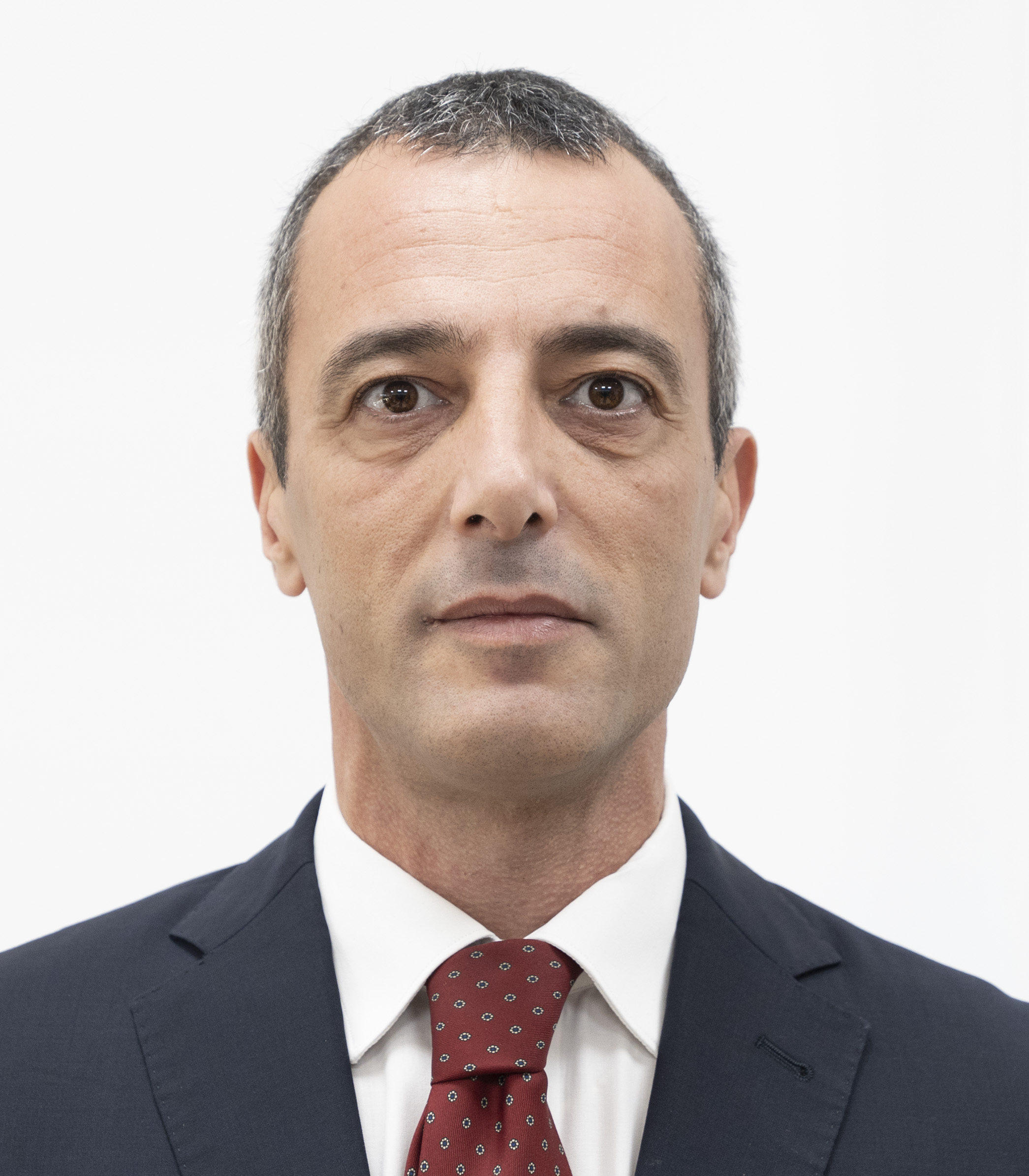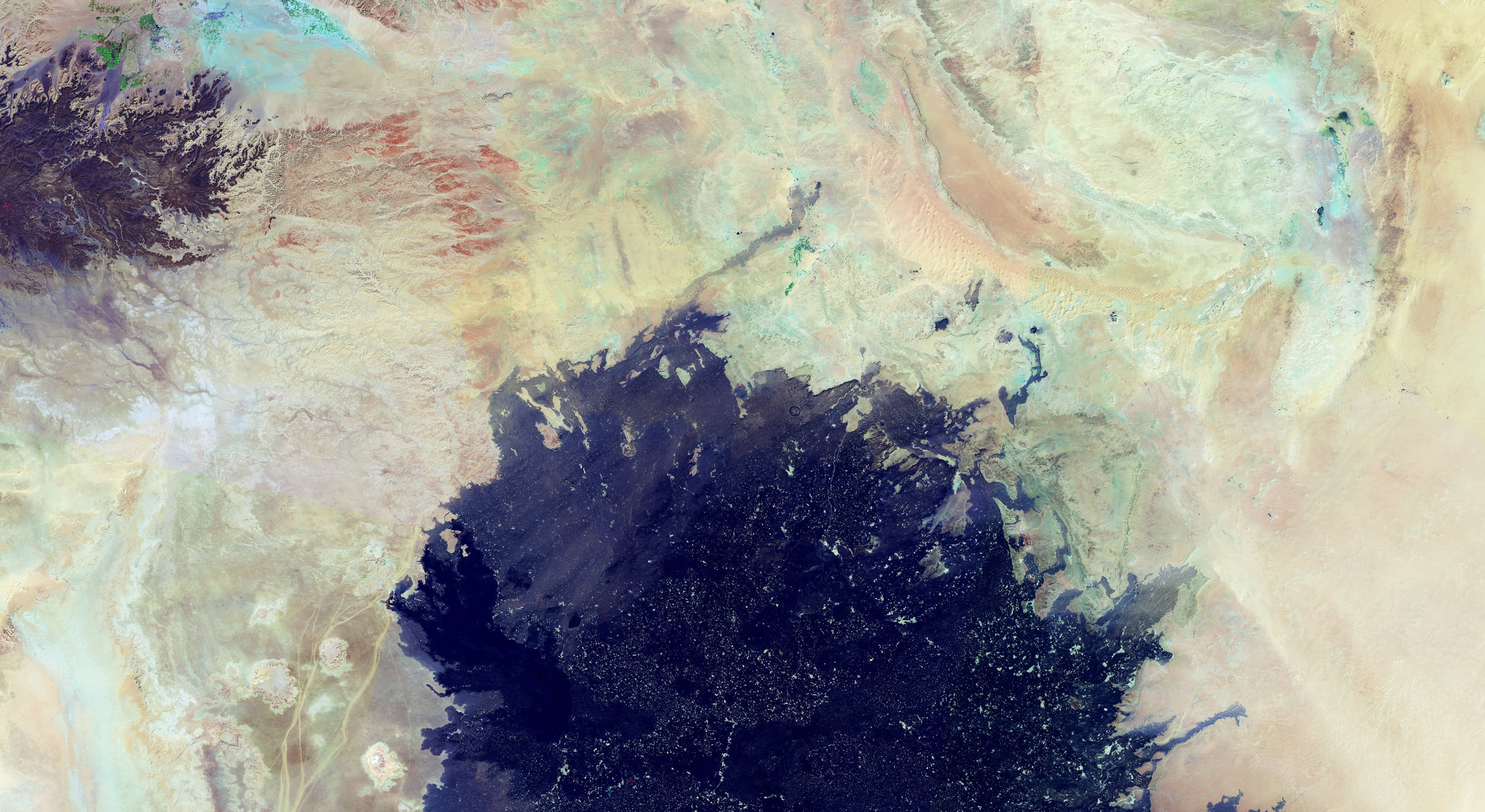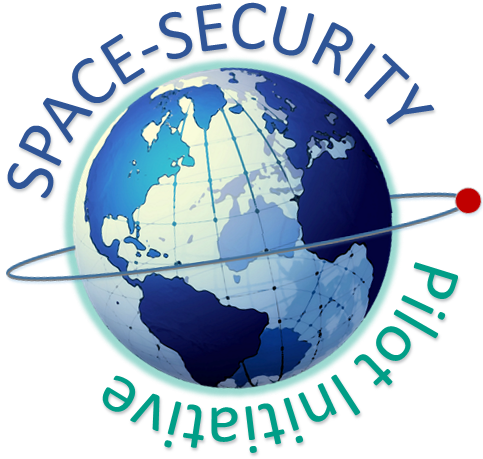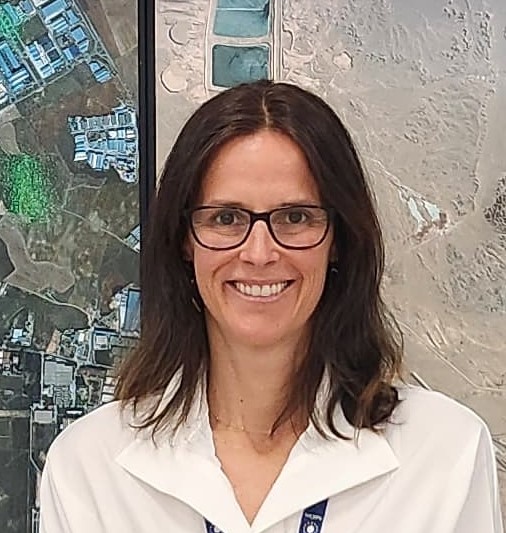

Space and Security

Concept
Scope
This Convener, building on the foundation laid by the SPACE-SECURITY initiative (since 2015), aims to serve as a vital link for fostering connection and integration across the GEO Focus Areas. It addresses the increasing need for comprehensive solutions to enhance the safety and security of citizens and societies by leveraging Earth observation (EO) data, continuing the mission to raise awareness of and promote the adoption of geospatial open data and advanced technologies among relevant stakeholders. Emphasizing food, water, and climate security as critical global challenges, the initiative focuses on fostering collaboration, articulating research and innovation actions, and supporting evidence-based decision-making to enhance the decision-making processes of stakeholders working in relevant scenarios. Aligned with the first goal of the GEO 2025–2030 Strategy Implementation Plan, the Convener will support the development of impactful applications to deliver Earth Intelligence while fostering collaboration and the co-design of solutions within the GEO framework.
Need
Security is an intricate domain. Scenarios are very diverse in terms of actors, actions, and decision-making processes, which leads to a wide range of needs to be satisfied. Today, global issues have further broadened the scope of security scenarios. Food, water, and climate security are examples of these relatively new scenarios in which actors and practitioners are demanding more and more reliable information to enhance their decision-making processes.
EO data is a recognized key tool for monitoring local, regional, and global issues and for supporting the understanding of their consequences. Its unique characteristics (e.g., historical registry to identify trends and anomalies, continuous monitoring of large areas, estimation and prediction of physical variables, and access to observations in remote locations where in situ data is not available) open the door to innovative ideas and solutions in support of civil security.
Timeliness
GEO gathers hundreds of actors working to foster the use of EO data in different domains. Focused on addressing the diverse security scenarios emerging in recent years, this Convener will serve as a vital link for continuously identifying relevant ongoing and planned activities across the different Focus Areas, facilitating cross-domain cooperation for a more holistic and comprehensive approach to civil security.
Expected Results
By leveraging Earth Observation (EO) data, collateral data, and associated technologies, the group will create a collaborative platform that brings together partners from diverse sectors engaged in security-related activities, facilitating cross-domain cooperation.
SPACE-SECURITY will bring together different stakeholders, including governmental and non-governmental organizations, private sector entities, and academia, that either currently benefit from or seek to benefit from space-based EO data and related technologies to respond to food, water, and/or climate security issues.
The list of initial stakeholders involved in SPACE-SECURITY includes:
- The European Union Satellite Centre (SatCen) will act as the leader of the group, leveraging its operational role in the provision of geospatial intelligence products and applications to the EU community to identify new needs and use cases that would be better addressed with innovative EO-based solutions.
- The European Space Agency (ESA) will act as a technology advisor, a potential space data provider, and a facilitator for access to technologies or platforms.
- The World Food Programme (WFP) will act as an operational partner, facilitating connections with field offices in key locations suffering from food, water, and climate issues.
- EuroGeoSurveys will contribute its geoscience expertise, fostering inter-regional and international cooperation to access data and share information about environmental risk assessment and common-interest scenarios.
- The IHE Delft Institute for Water Education will support capacity building and offer specialized knowledge in water management.
In addition, the following stakeholders are involved in initial discussions and are expected to also contribute to the cross-domain fertilization activities:
- The European Commission could provide advice in line with EU policies and programmes.
- EuroGEO, represented by the European Commission, and AmeriGEO, represented by NOAA, could contribute with up-to-date information about regional initiatives, policy support, and advisory inputs, aligning SPACE-SECURITY with relevant environmental and security strategies.
- The National Aeronautics and Space Administration (NASA) could support the use of global EO datasets, exploiting outcomes from scientific research and technological innovations.
- The European Association of Remote Sensing Companies (EARSC) could foster industry engagement, facilitating collaboration with the private sector.
- The United Nations Office for Disaster Risk Reduction (UNDRR) could contribute as an advisor for disaster-related scenarios concerning food, water, or climate security.
- The World Resources Institute (WRI) could act as a point of contact with local entities and research organizations, promoting data-driven insights and policy recommendations for sustainability.
A major focus of the group will be identifying observational and capability gaps that can be addressed through space-based assets. It will work towards the integration of relevant innovative applications, services, and platforms to fill these gaps, helping stakeholders assess risks more effectively and make informed decisions.
Through these efforts, the Convener aims to strengthen the security footprint within the Global Earth Observation System of Systems (GEOSS), improving coordination across domains. It will also extend the role of EO in providing reliable, actionable data for global security frameworks, such as the United Nations 2030 Agenda, the Paris Agreement, and the Sendai Framework for Disaster Risk Reduction. By enhancing collaboration and knowledge-sharing, this Convener will contribute to achieving Sustainable Development Goals (SDGs) relevant to security.
Objectives
- Disseminate and communicate space and security activities, and engage stakeholders by actively communicating activities aligned with global security frameworks while also engaging new partners to expand the GEO community. Focus on involving users and policymakers in developing pre-operational services to address security issues.
- With a focus on cross-domain security scenarios, facilitate connections between activities performed in different Focus Areas or between a specific Focus Area and a security need.
- Articulate research and innovation actions, supporting cross-Focus-Area security-related solutions.
